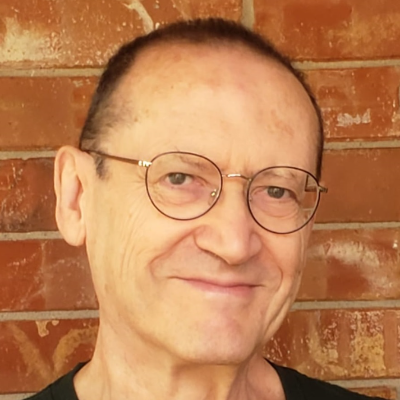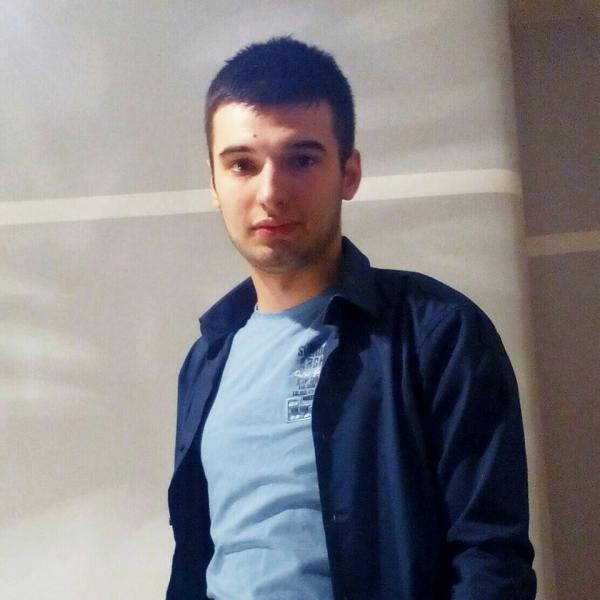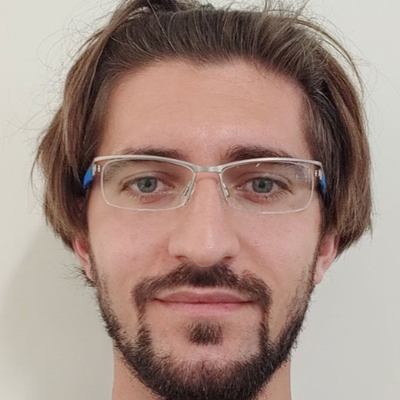Nanotechnology
Homework Help & Tutoring
We offer an array of different online Nanotechnology tutors, all of whom are advanced in their fields and highly qualified to instruct you.
Nanotechnology
Nanotechnology is concerned with the manipulation, measurement, modeling and imaging of matter on the order of one billionth of a meter length in scale. Nano scale systems are functional and nanotechnology is beginning to embrace a number of diverse technologies. Devices such as nanometer-wide motors, robot arms and computers smaller than a cell all become possible with advancements in nanotechnology. Nanotechnology and its potential applicability were first envisioned theoretically by Richard Feynman; later, several scientists and technologists contributed to the success of the domain. A number of products evolved from developments in nanotechnology: sun screens, cosmetics, carbon nano-tubes, stain resistant textiles, fuel catalysts, nano-medicine products, and industrial purification products have all found commercial success.
At the graduate level, nanotechnology students study topics such as mathematics, physics, and chemistry in addition to materials science, environmental science principles, nano science and nanotechnology principles, and the basics of civil, electrical and electronic engineering. Metallurgy, nano electronics, and nano composites have all became part of the college curriculum. Computational techniques for analyzing and modeling nano-scale systems are another important component of the nanotechnology syllabus. Several elective courses are being offered, including nano medicine, nano textile engineering, nano cosmetics, and nanotechnology for agricultural engineering. Non-technical courses such as legal and social implications of nanotechnology are also part of the syllabus at the bachelor’s level. At the master's level, nanotechnology students are offered advanced courses in synthesis, nano fabrication techniques, and the behavior and properties of nano devices, as well as specific courses from selected streams such as biotechnology. Other courses include technology management and the principles of commercialization.
As it is a new technology with enormous applicability, more and more research scientists and technologists are working to address research challenges in nanotechnology. Typical objectives include the characterization of nano-scale measuring devices, using nanotechnology for clean and green energy, and the intensive usage of nanotechnology for nano medicine. Other research areas include the application of nanotechnology in space and related domains (such as development of better fuels, smart materials, and better uniforms).
Nanotechnology is an interdisciplinary program and people from diverse backgrounds can have successful careers in the subject area. Graduates in nanotechnology streams can find a range of career options from bio-technology industries, military, medicinal applications, forensics, food science, pharmaceuticals, and auto/aerospace applications.
IJNT, JNT, AJNT, NR, ACSN are some of the several online journals providing information on the latest developments and application areas in nanotechnology.
To fulfill our tutoring mission of online education, our college homework help and online tutoring centers are standing by 24/7, ready to assist college students who need homework help with all aspects of nanotechnology. Our physics tutors can help with all your projects, large or small, and we challenge you to find better online nanotechnology tutoring anywhere.
College Nanotechnology Homework Help
Since we have tutors in all Nanotechnology related topics, we can provide a range of different services. Our online Nanotechnology tutors will:
- Provide specific insight for homework assignments.
- Review broad conceptual ideas and chapters.
- Simplify complex topics into digestible pieces of information.
- Answer any Nanotechnology related questions.
- Tailor instruction to fit your style of learning.
With these capabilities, our college Nanotechnology tutors will give you the tools you need to gain a comprehensive knowledge of Nanotechnology you can use in future courses.
24HourAnswers Online Nanotechnology Tutors
Our tutors are just as dedicated to your success in class as you are, so they are available around the clock to assist you with questions, homework, exam preparation and any Nanotechnology related assignments you need extra help completing.
In addition to gaining access to highly qualified tutors, you'll also strengthen your confidence level in the classroom when you work with us. This newfound confidence will allow you to apply your Nanotechnology knowledge in future courses and keep your education progressing smoothly.
Because our college Nanotechnology tutors are fully remote, seeking their help is easy. Rather than spend valuable time trying to find a local Nanotechnology tutor you can trust, just call on our tutors whenever you need them without any conflicting schedules getting in the way.





